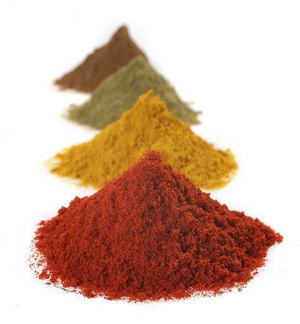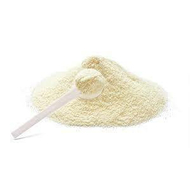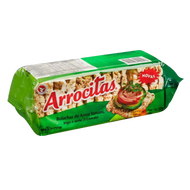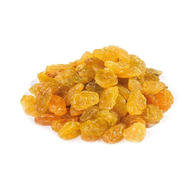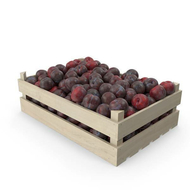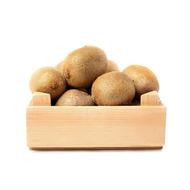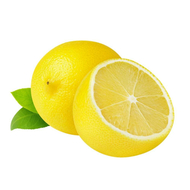Saffron is a spice that is obtained from the flower frequently named as “saffron crocus”, whose original name is Crocus sativus. It is distinguished as one of the oldest most legendary spices in the world.
Saffron was first cultivated in Greece. Over the years, Saffron crocus propagated far and wide over Eurasia and arrived later to different areas in North Africa, North America, and Oceania. Today the spice is primarily grown in Iran, Greece, Morocco, and India.
Direct uses and industrial applications
Saffron is generally used in family houses. There is a wide variety of saffron uses to implement at home such as rice, tea or blends combined with other spices such as curry, turmeric or curcumin.
Many industries use saffron to provide its products with a peculiar color, taste and aroma. The most predominant is the gastronomic industry, which delights people around the world with dishes such as Paella Valenciana in Spain, Bouillabaisse in France and Biryanis in India. Saffron is also used in distilleries to give the liquors a special color. Some varieties of the chartreuse, gin, izarra and strega are clear examples of alcoholic beverages that use saffron to provide eye-catching colors.
Throughout many years, saffron has also been used as a dye for fabrics, particularly in China and India. It has also been used as a perfume due to its aromatic properties. Saffron threads have been processed and combined with other ingredients such as wine (also used as a dye) to produce aromatic oils.
Market overview and production
Saffron crocus flourishes in climates where hot and dry summer breezes sweep semi-arid lands. It can survive cold winters and short periods of snow cover. Nonetheless, it needs constant irrigation in environments where there are deficient rains.
It is estimated that saffron cultivation arrived in Argentina with European immigrants at the beginning of the last century, and adapted to our soil along the Andean valleys from Jujuy to Neuquén.
It is a crop that needs a lot of care for approximately two months, which is harvest time. The manual harvesting needed for this plant, gives the product itself a high retail value on world markets. Saffron has long been the world's costliest spice by weight.
Frequently asked questions
What is saffron? Is a seasoning spice.
What is saffron used for? To provide color, smell and taste to different variety of foods and beverages. It has also been used to dye clothes and as an element of aromatic oils.
Where does saffron come from? It is believed that the cultivation started in Greece. Over the years it has been sown in many parts of the world, and today it predominates Iran, Greece, Morocco, and India. Nowadays Iran is the major producer of the world.
Where does saffron grow? Saffron crocus can adapt itself to extreme temperatures, both hot and cold. But it needs to be irrigated constantly to assure an outstanding product.
What does saffron taste and smell like? The taste of saffron is bitter and spicy. But in contrast to the taste, its aroma is sweet. This mixture creates an extraordinary flavor for your food.
How long does saffron last? It should be stored in a cool and dark place, away from sunlight and sources of heat, always keeping the container or bag sealed tightly after every use. In order to preserve its flavor and potency, it is recommended to consume in the first two years from the purchase.
How can saffron be known in different languages? Azafrán in Spanish, Safran in French, Zafferano in Italian, Saffraan in Dutch, among others.
How can I find saffron? In threads or powder.
Which other species can be related to saffron? Curry, turmeric or curcumin.
Where can I purchase saffron powder in bulk? You can purchase at Directoro direct from producers.
Related products and ideas
Make Garam Masala (spice blend from India) at home. You need: cumin grain 1 tbsp, coriander grain 1 tbsp, black pepper in grain 1 tsp, saffron 1 tbsp, cardamom 1 tbsp, cinnamon 1/2 tbsp, nutmeg 1/2 tbsp, a pinch of dried chili.
Heat a pan over low heat and add all the spices. Toast them between five and ten minutes so that they release all their aroma and flavor. When they are cooked, remove from the fire and grind in a mortar, with a spice grinder or processor. To keep it in good condition for months, store it in a jar and protect it from light and heat. Garam Masala can be used in curry dishes, meats, soups and stews. It is also combinable with hot chocolate, spicy nuts, as well as cookies.
Nessuna recensione trovata
Complete your purchase on Pampa Global
We’ve simplified the checkout process! Orders are now completed through Pampa Global, our new platform that offers:
- Fast and secure checkout
- Extensive international catalog
- Competitive wholesale pricing

